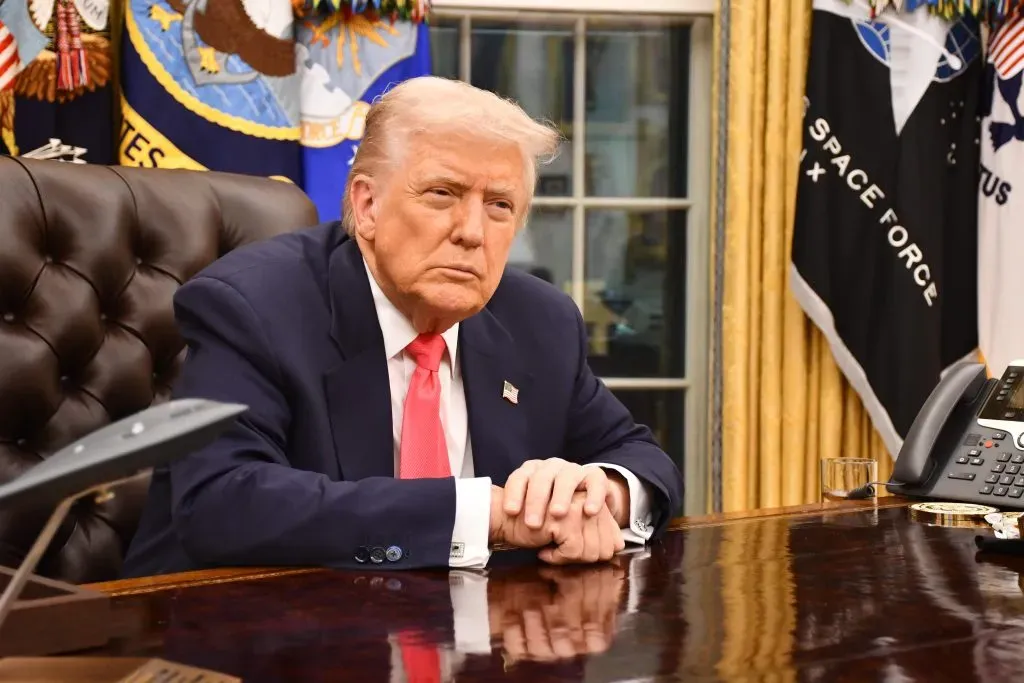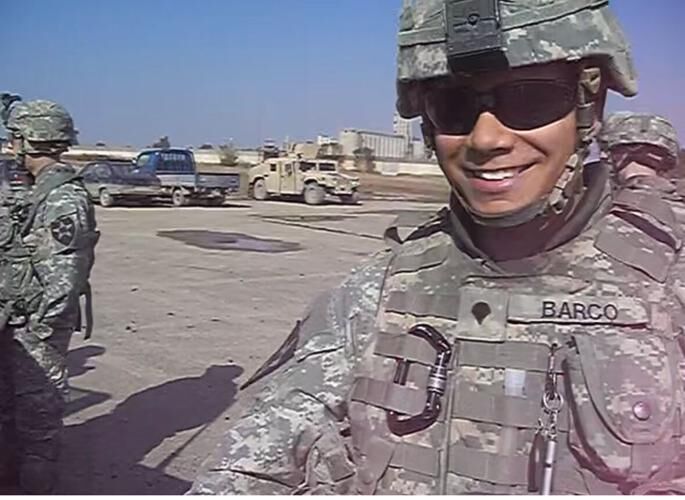Democratic chiefs converge on Denver to ponder setbacks, mull next chair
To be a fly on the wall during closed-door sessions with state Democratic Party chairs as they meet in Denver on Dec. 1 to deconstruct what was a disappointing election for the party.
The party’s Association of State Democratic Chairs will meet for two days at the Hyatt Regency Denver at the Colorado Convention Center.
In addition to discussing the recent election, party chairs also are likely to consider who will be the party’s next leader.
The race is currently dominated by Rep. Keith Ellison of Minnesota, who has earned the impressive endorsements of Sens. Chuck Schumer of New York, Elizabeth Warren of Massachusetts and Bernie Sanders of Vermont.
The upcoming event in Denver could help solidify the field of candidates ahead of the DNC executive committee meeting.
Party leaders from all 50 states and the six territories will analyze as much of the election as possible over two days in an effort to figure out how Hillary Clinton lost, and to consider what went right. Some joke, however, that it could take a decade to truly process the recent election.
Colorado is a bright spot after Clinton won in the battleground state.
“A lot of people were shocked by the outcome of the election, and especially those states that didn’t do as well as they thought they were going to do are probably going to have a lot to share with the rest of us that did better than them,” explained Rick Palacio, chairman of the Colorado Democratic Party.
The party underperformed in several key states, including Wisconsin, Pennsylvania and Michigan. While Clinton outpaced Barack Obama statewide in Florida, Donald Trump outperformed overall.
State chairs will discuss everything from coordinated campaigns to the candidates themselves, in an effort to learn lessons moving forward.
“My message is, and always has been, follow the Colorado model, which is forced collaboration,” Palacio continued.
“A lot of the national party committees, they believe that their data and their programs are one-size-fits-all. We think that makes no sense. We have to have people on the ground that know what the local electorate is like, what people care about, what motivates them, and you’ve got to make sure that while there may be funding coming from the national committees, that doesn’t mean that they have the right to dictate what the program looks like.”











